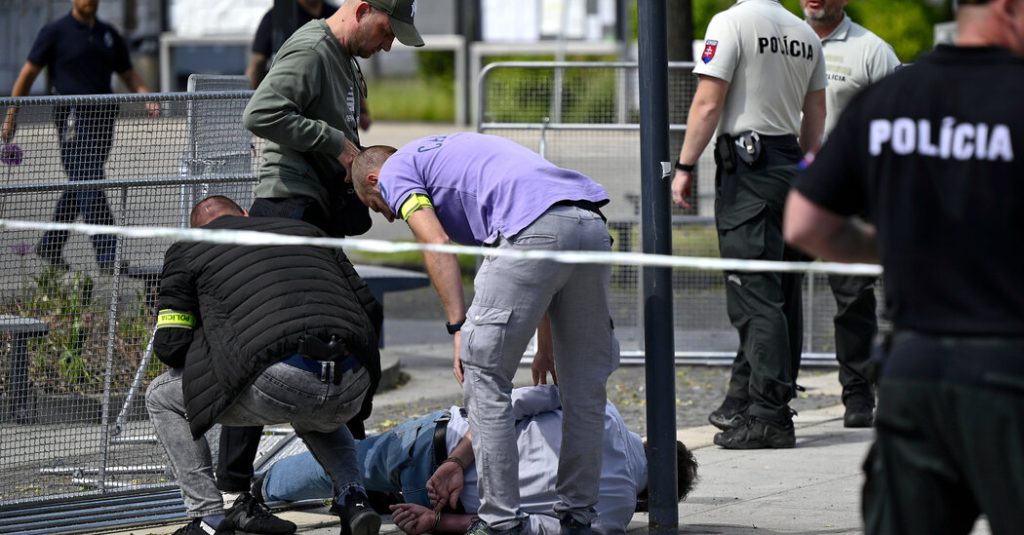In a recent event where Prime Minister Robert Fico of Slovakia was shot, former Russian president Dmitri A. Medvedev compared the shooter to Gavrilo Princip, the man who ignited World War I. This led to concerns that Europe might once again be on the brink of war. While Europe has moved past the era of empires and replaced it with the European Union to prevent war, recent events are indicating otherwise. With a war raging in Ukraine and increasing political polarization within European societies, there are concerns about the possibility of violence escalating.
The shooting of Mr. Fico, who is a nationalist leader that opposes the power of the European Union and military aid to Ukraine, has raised questions about the deepening divide within Europe. The divide pits nationalists against liberals, with both sides viewing each other as enemies. The political environment has become poisonous, and recent events, including the assassination attempt on Mr. Fico, have only made it worse. These tensions are further fueled by the war in Ukraine and political battles within Europe, creating a dangerous situation that could potentially lead to war.
The political divide in Europe is sharpened by issues such as immigration, with nationalists aligning with President Vladimir V. Putin’s reactionary moral ideology. There is a growing sentiment among nationalists that Western liberal urban elites are destroying traditional values. The shooting in Slovakia is reflective of the shrinking middle ground in political clashes across Europe, where individuals are being targeted for their beliefs or actions that may differ from others.
The rise in political violence is not limited to Slovakia, with incidents occurring in Germany as well. The increase in immigration has further divided opinions across the continent, with many feeling that the European Union is unable to protect its borders. This has led to the rise of xenophobic far-right parties in several European countries, offering nationalistic narratives. These parties are expected to perform strongly in the upcoming European Parliament elections, further adding to the climate of division and violence.
The current political climate in Europe is volatile, with issues such as immigration, nationalism, and the erosion of civility contributing to the rise in violence and tensions across the continent. The recent assassination attempt on the Slovakian Prime Minister has further highlighted these concerns and raised fears of a potential civil war. The situation in Europe is much more precarious than it has been in previous decades, with the peace culture of postwar Europe being shaken by recent events. As tensions continue to rise, there are growing concerns about the future of Europe and the possibility of conflict.


